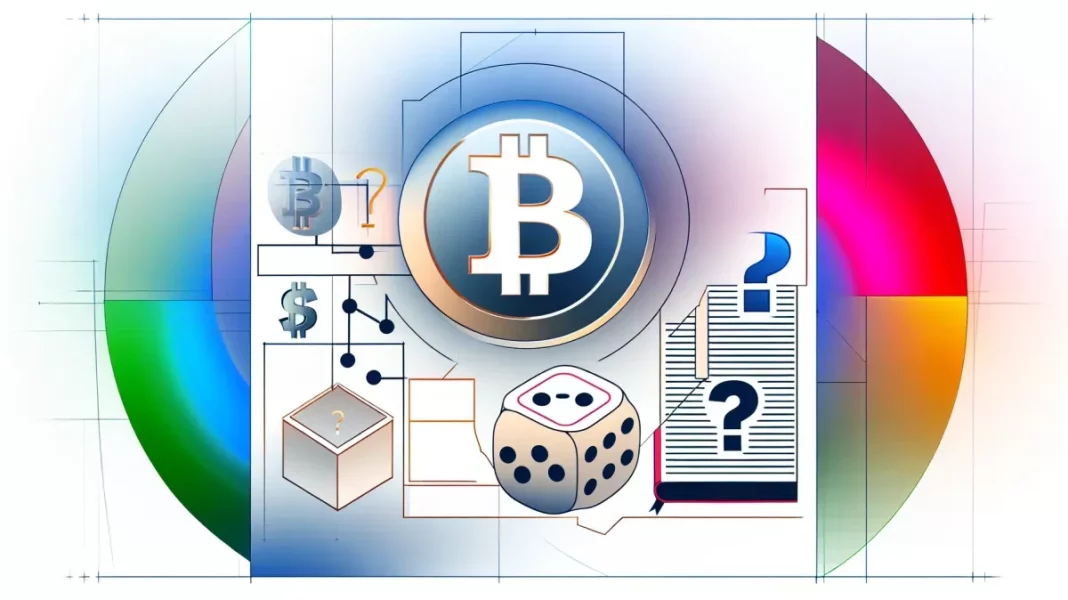The integration of cryptocurrency payments into the casino landscape has been nothing short of a revolution. This new synergy of blockchain technology and gambling is transforming everything from player convenience to regulatory compliance, reshaping the industry’s future.
Casinos have always been quick to adopt new technologies that enhance user experience and expand their market. With the advent of digital currencies such as Bitcoin, Ethereum, and Litecoin, a unique opportunity has presented itself. Cryptos offer a level of security, speed, and anonymity that traditional fiat currencies often fail to provide. And as such, both online casinos and land-based entities are eager to tap into the potential of this burgeoning economic medium.
The Attraction of Cryptocurrency in Gaming Circles
For players, the primary draw of using cryptocurrencies is the unprecedented level of privacy they offer. In an era where personal data breaches are becoming more common, the ability to execute transactions without divulging sensitive financial information is highly appealing. This is particularly pertinent in the gaming world, where the assurance of anonymity can enhance the feeling of security for players.
Moreover, cryptocurrencies offer lightning-fast transactions. Deposits and withdrawals can be processed in minutes rather than the days required by traditional methods like bank transfers and credit card payments. This efficiency reduces the delay between winning a jackpot and celebrating the windfall, a crucial factor in improving customer satisfaction.
Regulatory Landscape and Cryptocurrencies
While crypto payments bring several advantages, regulatory considerations are a prominent hurdle. The decentralized nature of cryptocurrencies poses a challenge for regulators used to dealing with centralized banking systems. There’s a fine line between ensuring a secure gambling environment and stifling innovation with overly stringent regulations.
Fortunately, this challenge has not gone unnoticed, and various jurisdictions are warming up to the idea of crypto payments in casinos. They are working on formulating regulations that safeguard both the interests of consumers and the integrity of the gambling industry.
Technological Innovations Spearheading Adoption
Technological advancements are also paving the way for widespread adoption of cryptocurrency payments in the casino industry. Smart contract technology, for example, is enabling provably fair gaming, reassuring players that the games they are playing are transparent and untampered with.
Payment gateways have also become more sophisticated, allowing for seamless integration of crypto payments into existing casino platforms. These gateways provide secure, reliable, and user-friendly interfaces for carrying out transactions, thereby encouraging both operators and players to embrace digital currencies.
Industry Perspectives: The Future of Crypto Payments in Casinos
Industry insiders generally hold a favorable view of cryptocurrency’s role in the future of gambling. Many believe that as public understanding of blockchain technology grows, so will the acceptance and utilization of cryptocurrencies in daily transactions, including gaming.
The casino industry is also noting customer demographics. Millennials and Gen Z, comfortable with digital currencies, are becoming a larger part of the market. Catering to the payment preferences of these players is key to maintaining relevance and competitiveness.
Another perspective from within the industry focuses on international expansion. Cryptocurrencies effortlessly traverse national boundaries, making them the perfect companion for casinos that cater to a global audience. This transcends the cumbersome process of currency conversion and deals with country-specific banking laws.
Challenges and Resolutions
Despite the optimistic outlook, challenges remain. Price volatility of cryptocurrencies can be a double-edged sword, leading to uncertain transaction values. This can be offset by stablecoins, which offer the benefits of cryptocurrencies without fluctuating values.
Security concerns, particularly in the form of cyberattacks, also loom large. However, the industry counters this by investing in robust security protocols and educating users on safe crypto practices.
A Thriving Ecosystem of Innovation and Compliance
The convergence of cryptocurrencies with the casino industry epitomizes innovation. Casinos that adopt crypto payments are not only streamlining operations but are also setting standards for what the future of gambling looks like — a future driven by fairness, efficiency, and a commitment to player empowerment.
As this trend continues, we can anticipate a growing ecosystem where technological innovation goes hand-in-hand with responsible gaming and compliance. The mutual relationship between cryptocurrency payments and casinos is set to become more integrated as both industries evolve.
The Takeaway
Cryptocurrency payments in the casino industry are not just a passing trend but a significant evolution in how gambling operates. As the world moves towards a digital-first economy, the likes of Bitcoin and Ethereum are making steady inroads into the casino sphere, heralded by an industry that’s eager to innovate and expand.
Whether it’s through enhancing user experience, simplifying cross-border transactions, or ensuring more secure gambling practices, digital currencies and the technology that powers them are set to play a major role in the casino industry’s future. The perspective from within is clear: embracing cryptocurrency is not gambling on an uncertain future, but betting on a progressive present, one that promises a safer, faster, and more inclusive gaming environment for all.



